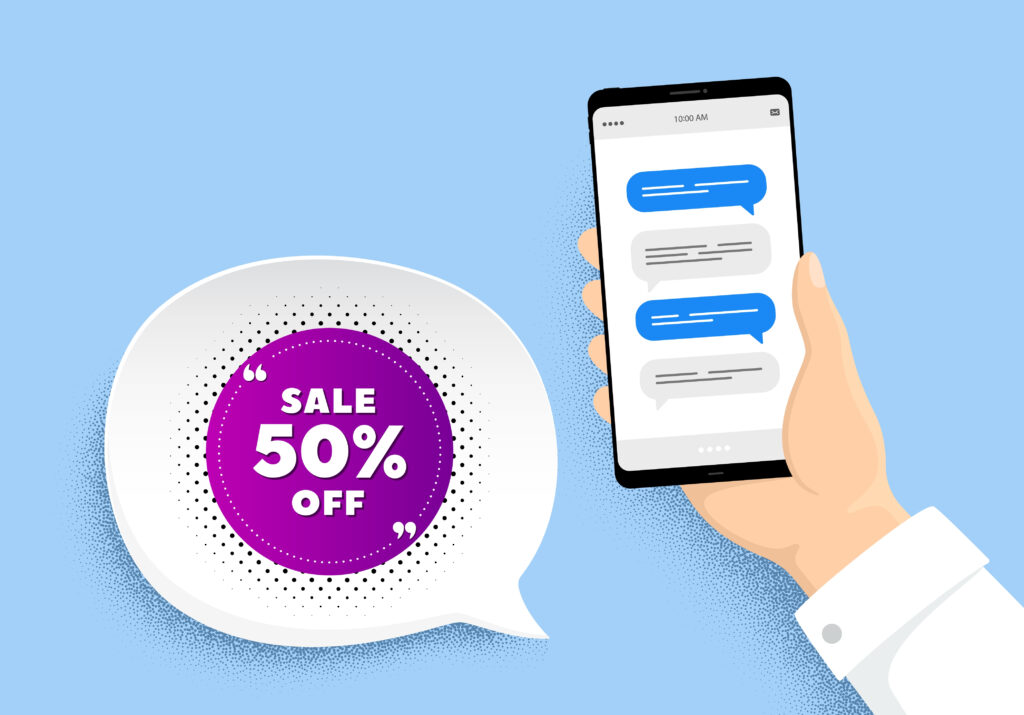LogiCommerce is trusted by global enterprise brands and wholesalers, across industries
eCommerce has revolutionized the way businesses reach their customers and generate sales. One of the most effective strategies in the world of eCommerce is leveraging seasonal events and festivities. These occasions offer unique opportunities to connect with customers and increase sales.
In this article, we will explore how you can implement seasonal marketing strategies in your online store.
Contents
The first step in capitalizing on seasonal opportunities is to identify the relevant festivities and events for your business. This may include national, regional, or even global events such as Black Friday or Cyber Monday. Make a list of important dates and plan your marketing strategy accordingly.

Once you have identified the key dates, design thematic marketing campaigns that relate to the specific event or festivity. This may include creating specific content, special promotions, and exclusive discounts. Ensure that the design and aesthetics of your website also reflect the theme of the campaign.
Email marketing is a powerful tool to reach your customers during events and festivities. Create newsletters and promotional emails highlighting the special offers and promotions you have during that period. Segment your email lists to send personalized messages to different customer groups.
Social media and online advertising are ideal channels to promote your seasonal campaigns. Create engaging content and use paid ads on platforms such as Facebook, Instagram, and Google Ads to reach a wider audience. Take advantage of trends and hashtags related to the event or festivity to increase the visibility of your posts.
Ensure that your website is optimized for the specific event or festivity. This includes updating banners, images, and relevant content on the homepage. You can also add a special section or a dedicated page for the festivity or event, where customers can find all related offers and products.
One of the most effective ways to attract customers during events and festivities is by offering gifts or special promotions. You can give away products related to the festivity or provide attractive discounts. Make sure to prominently promote these offers on your website and marketing channels

Content related to the festivity or event can help attract customers and generate interest in your brand. This may include blogs, videos, infographics, or social media posts highlighting the relevance of your business during that period. This type of content can generate higher engagement and be shared online, increasing the visibility of your brand.
Once you have implemented your seasonal marketing strategy, it is important to monitor its performance and make adjustments as necessary. Use tracking tools and web analytics to evaluate traffic, conversions, and return on investment (ROI). Learn from the results and use that information to improve your future strategies.
